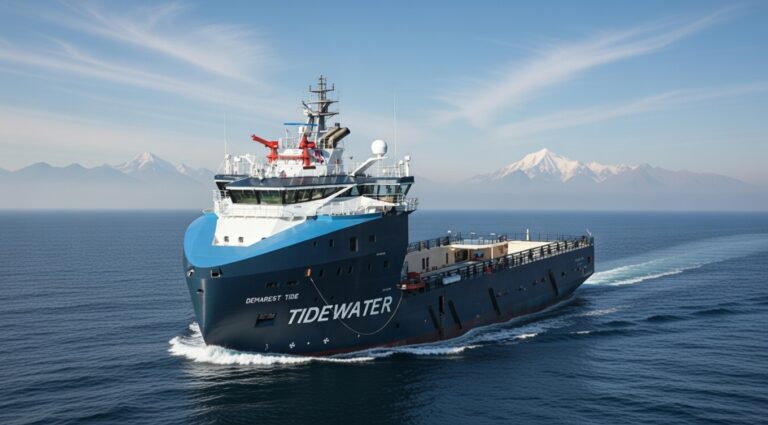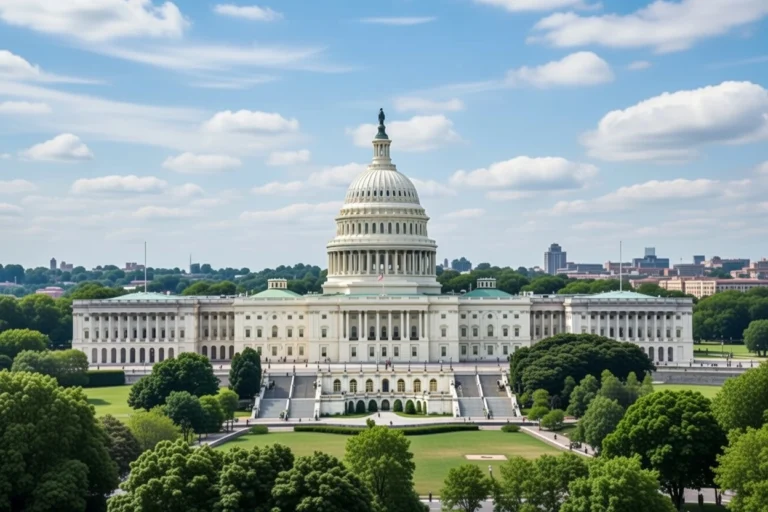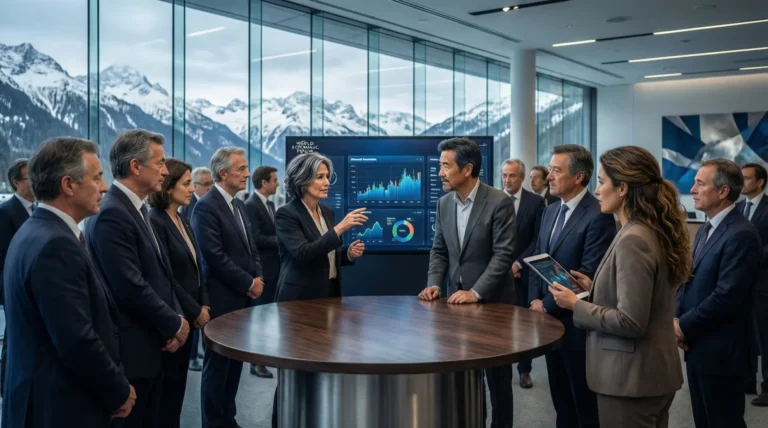
President Ouattara and Eni CEO Descalzi Discuss Energy and Sustainability Collaboration in Côte d’Ivoire
The President of the Republic of Côte d’Ivoire, Alassane Ouattara, held a high-level meeting with Claudio Descalzi, Chief Executive Officer of Eni, to review the progress of key energy and sustainability initiatives spearheaded by the company in the country. Their discussions also addressed future opportunities to deepen cooperation in the energy and decarbonization sectors, underlining the strategic partnership between Côte d’Ivoire and Eni.
A central focus of the meeting was the advancement of the Baleine project, which plays a pivotal role in the country’s energy landscape. Currently operating in Phases 1 and 2, the project yields more than 62,000 barrels of oil and over 75 million cubic feet of gas per day. With the anticipated launch of Phase 3, production levels are projected to climb to approximately 150,000 barrels of oil and 200 million cubic feet of gas daily. The project is expected to maintain a gas production plateau for around 12 years, underscoring its long-term contribution to the country’s energy needs.
Notably, all of the gas produced from Baleine is directed to Côte d’Ivoire’s domestic market. This not only bolsters the nation’s energy security and industrial development but also reduces dependence on imported energy sources. The entire gas value chain contributes to delivering reliable, cleaner, and more sustainable energy access, forming the backbone of the country’s strategy for economic resilience and autonomy.
The Baleine project is also recognized for its environmental leadership. It stands as Africa’s first net-zero emission upstream development, exemplifying how energy production can align with climate commitments and sustainable development. Its role as a model of responsible energy operations was highlighted during the discussions.
Beyond Baleine, the two leaders addressed the implications of the recent Calao discovery, made in March 2024. This significant offshore find reaffirmed the high potential of Côte d’Ivoire’s subsurface and opens the door to further production increases. Once fully developed, Calao could contribute up to 500 million cubic feet of gas per day, cementing the country’s position as a regional energy exporter. The momentum for exploration was further reinforced by Eni’s signing of four new offshore exploration contracts in November 2024, demonstrating the company’s sustained commitment and long-term vision for investment in Côte d’Ivoire.
In addition to upstream developments, the conversation expanded into sustainable agriculture and circular economy initiatives. A particularly notable milestone was the recent export of the first shipment of Hevea (rubber tree) oil to Enilive’s biorefineries. This move marks progress in Eni’s efforts to develop a local supply chain for sustainable agricultural raw materials used in biofuel production. Further consolidating this initiative, Eni signed a Memorandum of Understanding with the Ivorian Ministry of Agriculture in May to promote the growth of this innovative sector. The project taps into unused or residual materials from the rubber industry, offering both environmental and economic benefits under a circular economy model.
President Ouattara and CEO Descalzi also reviewed Eni’s expanding decarbonization and social impact programs in Côte d’Ivoire. Among these is the Clean Cooking initiative, which aims to provide cleaner cooking solutions to underserved communities. To date, the program has already reached over 700,000 people, with a target of benefiting 2.5 million individuals by 2030. This initiative not only improves health and safety for vulnerable populations but also contributes to emissions reductions by replacing traditional biomass with more efficient alternatives.
Another impactful project discussed was Eni’s reforestation program. The initiative focuses on protecting and restoring 14 classified forests across the country, enhancing biodiversity and generating direct benefits for over 300,000 citizens through environmental services and community engagement.
Since entering Côte d’Ivoire in 2015, Eni has made substantial contributions to the country’s energy sector and socio-economic development. With the Baleine and Calao discoveries, Eni has become a key player in unlocking the nation’s hydrocarbon potential. Beyond energy production, the company continues to invest in education, vocational training, public health, and economic diversification—demonstrating its commitment to inclusive and sustainable development.
As President Ouattara and CEO Descalzi reaffirmed during their meeting, Côte d’Ivoire and Eni are aligned in their vision to harness energy resources responsibly while promoting long-term prosperity, environmental protection, and regional leadership in sustainable energy.







